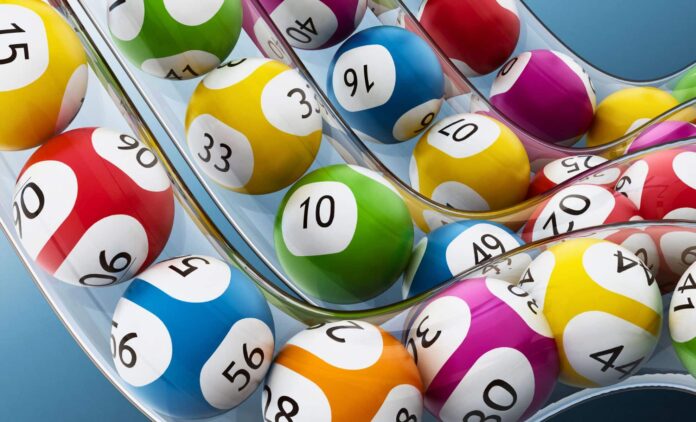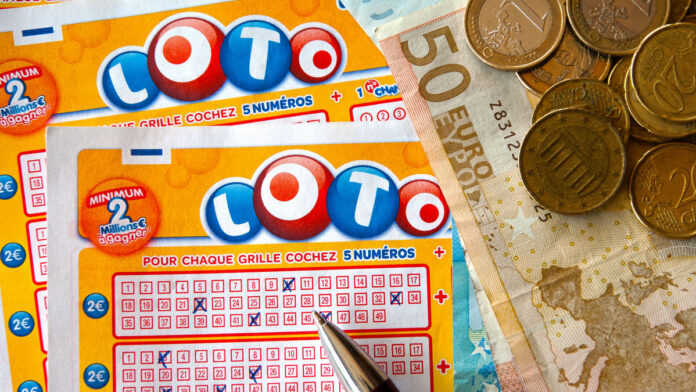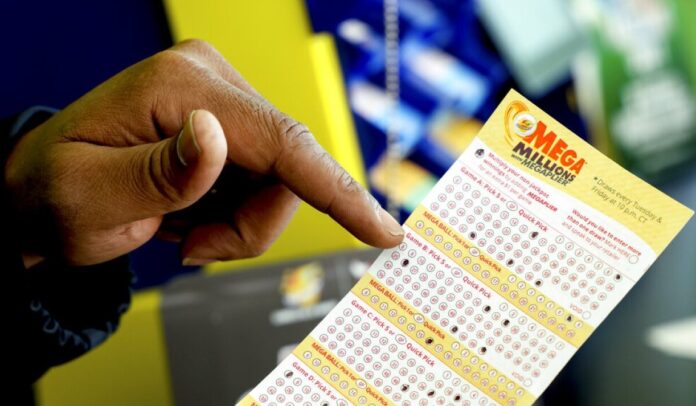Lotteries, often labeled as “lotto,” have woven themselves into the fabric of societies across the globe with a rich tapestry of history and cultural significance. Whether you play for the thrill of winning or as a contribution to local charities, the concept of buying a ticket to unlock potential fortune spans across continents and generations.
As you journey through international lottery traditions, you’ll discover that these games serve as a source of entertainment and embody various societal values and local customs.
Key Takeaways
- Lotteries have historical roots in ancient societies, including China during the Han Dynasty.
- Each country has its unique twists on international lottery traditions and games.
- Famous lotteries like Powerball, EuroMillions, and El Gordo showcase different cultural approaches to winning.
- The regulations governing lotteries vary widely, influencing how they operate in different regions.
- Engagement in lottery games can be motivated by entertainment, hope, and charitable purposes.
Global Lotto Variations ─ An Overview

The evolution of lotteries reflects diverse historical contexts and societal needs. The history of lotteries reveals their purpose as tools for generating revenue while providing entertainment and fostering community support. These games have transitioned from their origins to serve various functions in modern economies across the globe.
History and Purpose of Lotteries
The purpose of lotteries has frequently been linked to the funding of vital public services and projects. Initially, state-run lotteries aimed to enhance finances and support infrastructure. Over time, they have become a popular form of recreation, with records indicating that in countries like India, these systems aim to also benefit marginalized groups. As their popularity grew, the history of lotteries became synonymous with community support initiatives, showcasing their dual role in entertainment and social welfare.
Types of Lottery Games Worldwide
Lottery formats worldwide reveal an impressive variety of types of lottery games. These can encompass traditional draw-based methods, as well as innovative digital offerings. Popular forms include:
- Instant-win scratch cards
- Standard number draws
- Sports betting options
Regions exhibit unique variations; for example, the Government Lottery in Thailand is a prominent feature, while Brazil’s Mega Sena captivates players with its immense popularity. In the United States, diverse state-specific lotteries thrive alongside national behemoths like Powerball and Mega Millions, highlighting the adaptability of global lottery games.
Popular International Lottery Games
A few lottery games have achieved worldwide recognition due to their substantial prizes and enthusiastic participation. Some of the most notable include:
- Spain’s El Gordo, known for its Christmas prize pool exceeding $2.99 billion
- The U.S. Powerball and Mega Millions, with jackpots frequently reaching billions
- The Mini Lotto in Poland appreciated for its favorable odds
As trends evolve, the rise of online lotteries in countries like the UK and Australia signifies a shift towards more accessible options, allowing players to engage with trending lottery games conveniently and enjoyably.
Lotto Around the World ─ How Different Countries Play the Lottery

Lotteries serve as fascinating cultural touchstones, each reflecting its own unique traditions and community values. The cultural significance of lotteries often transcends mere entertainment, forming an integral part of collective experiences in various societies. Across different regions, these games take on specific meanings, embodying local customs and practices.
Cultural Significance of Lotteries
Many cultures incorporate lottery customs worldwide into their yearly calendars, utilizing them to bring communities together. For instance, in Spain, the annual Christmas lottery known as El Gordo generates excitement and anticipation.
Families save yearly to increase their chances, transforming the lottery into a family affair. In Japan, cultural lottery practices like Takarakuji are intimately tied to festivals and celebrations, illustrating how deeply these games are woven into the social fabric.
Diverse Lotto Practices Across Continents
When examining lottery customs by continent, you’ll find a wide variety of approaches. In Africa, South Africa stands out with a well-regulated national lottery, while Asian nations such as China implement welfare and sports lotteries to engage their citizens. The United States features a decentralized system where each state operates its lotteries, leading to diverse offerings and regulations.
In Europe, national lotteries are prominent, frequently providing lower odds for substantial payouts, showcasing how these economies tailor their lottery practices to both local preferences and economic contexts.
Lottery Regulations and Legal Frameworks
Understanding global lottery insights necessitates a look at how lottery regulations vary across countries. In the United States, lotteries adhere to individual state laws, which dictate the legal frameworks of lotteries ranging from ticket sales to prize distributions.
Several states require players to be present for ticket purchases, while European lotteries often offer tax-free winnings, enhancing their appeal. Legal frameworks can include stringent rules regarding advertising, age limits, and winner privacy, aiming to cultivate safe and ethical environments for participants.
For instance, in Thailand, the Government Lottery features specific regulations and distribution methods, such as the use of official vendors and a focus on charitable contributions. If you’re interested in exploring the unique lottery experiences in Thailand, you can check out lekdedsiamlotto.
Conclusion

Understanding the vast landscape of lotteries provides a unique perspective on the intricate cultural practices and economic motivations behind this global phenomenon. As you explore the summary of lotto practices, it becomes evident that these games are not merely about luck, but also about community, aspiration, and regulation across different nations. Each region’s approach to lottery games reflects its social values and economic conditions, ensuring that players connect deeper than just the chance of winning.
FAQ
What is the history of lotteries?
The history of lotteries dates back to the Han Dynasty in China around 205 BC. Initially, they were used to fund monumental projects like the Great Wall of China. Over the centuries, lotteries evolved into systems for raising public funds, supporting social welfare programs, and providing entertainment.
How do different countries play the lottery?
Lottery games vary widely from country to country, influenced by local customs and regulations. For example, the U.S. features state-based lotteries like Powerball and Mega Millions, while Spain is famous for El Gordo. Each nation adapts its lottery practices based on cultural traditions and economic contexts.
What are some popular lottery games globally?
Major international lottery games include Powerball and Mega Millions in the U.S., EuroMillions in Europe, and El Gordo in Spain. Each game has its unique characteristics, such as prize pools and odds, appealing to diverse audiences around the world.
What cultural significance do lotteries hold?
Lotteries often reflect important cultural traditions and values within societies. In Spain, for example, purchasing El Gordo tickets is a family tradition during the Christmas season, while Japan’s Takarakuji lotteries are linked to festivals, fostering community bonds.
How are lottery regulations structured?
Lottery regulations differ significantly between countries. In the U.S., state-based lotteries operate under individual state laws, while European lotteries may feature tax-free winnings. Legal frameworks also include guidelines on advertising, age restrictions, and winner anonymity to promote ethical practices.
What are some emerging trends in global lotteries?
Emerging trends in global lotteries include the rise of online ticket sales and instant-win games. Countries like the UK and Australia have adapted to new technologies, creating more accessible and multifaceted gaming options that appeal to a broader audience.







